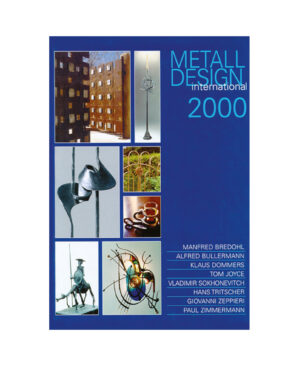Description
Modern Toolmaking Methods should be in any machinist’s (pro or amateur) reference library. It is loaded with valuable how-to from basic precision techniques to many unusual topics like grinding formers that can be used to relieve custom taps and hobs. It covers a lot of ground for a low price.
From the preface:
As the work of the toolmaker requires an unusual degree of skill and refinement and is of great importance in connection with the modern system of interchangeable manufacture, it is surprising that so little has been published heretofore on toolmaking practice. This volume on “Modern Toolmaking Methods” is believed to meet a real need as it, deals with a great variety of tool-room problems and explains many important toolmaking operations.
Owing to the varied nature of toolmaking practice, no attempt has been made to cover completely every phase of work which might properly be classified as toolmaking. This treatise does, however, cover quite completely those methods and operations which are fundamental and essential to the production of small tools and precision work. It also contains many valuable mathematical rules and typical calculations that will aid in the solution of the practical problems which are so frequently encountered in the tool-room.
Some of the methods described represent standard practice, whereas others have been developed by different toolmakers for special operations, and may not prove to be the best under all conditions, because, as every mechanic knows, great accuracy is sometimes necessary regardless of the time required to do the work; whereas, in other cases, the time element is very important. Therefore, any one method may not always prove adequate and it is necessary for the toolmaker to consider the conditions in each case and be guided by his judgment and experience.









![ADVANCED DRAWING OF SCROLLS: FOR ENGRAVING ARTISTS, DESIGNERS, CRAFTSMEN BY RON SMITH [HARDCOVER]](https://i0.wp.com/artisanideas.com/wp-content/uploads/2022/09/Advanced-Drawing-of-Scrolls-for-engravers-artists-designers-craftsmen-by-ron-smith-pic-2.jpg?resize=335%2C500&ssl=1)


